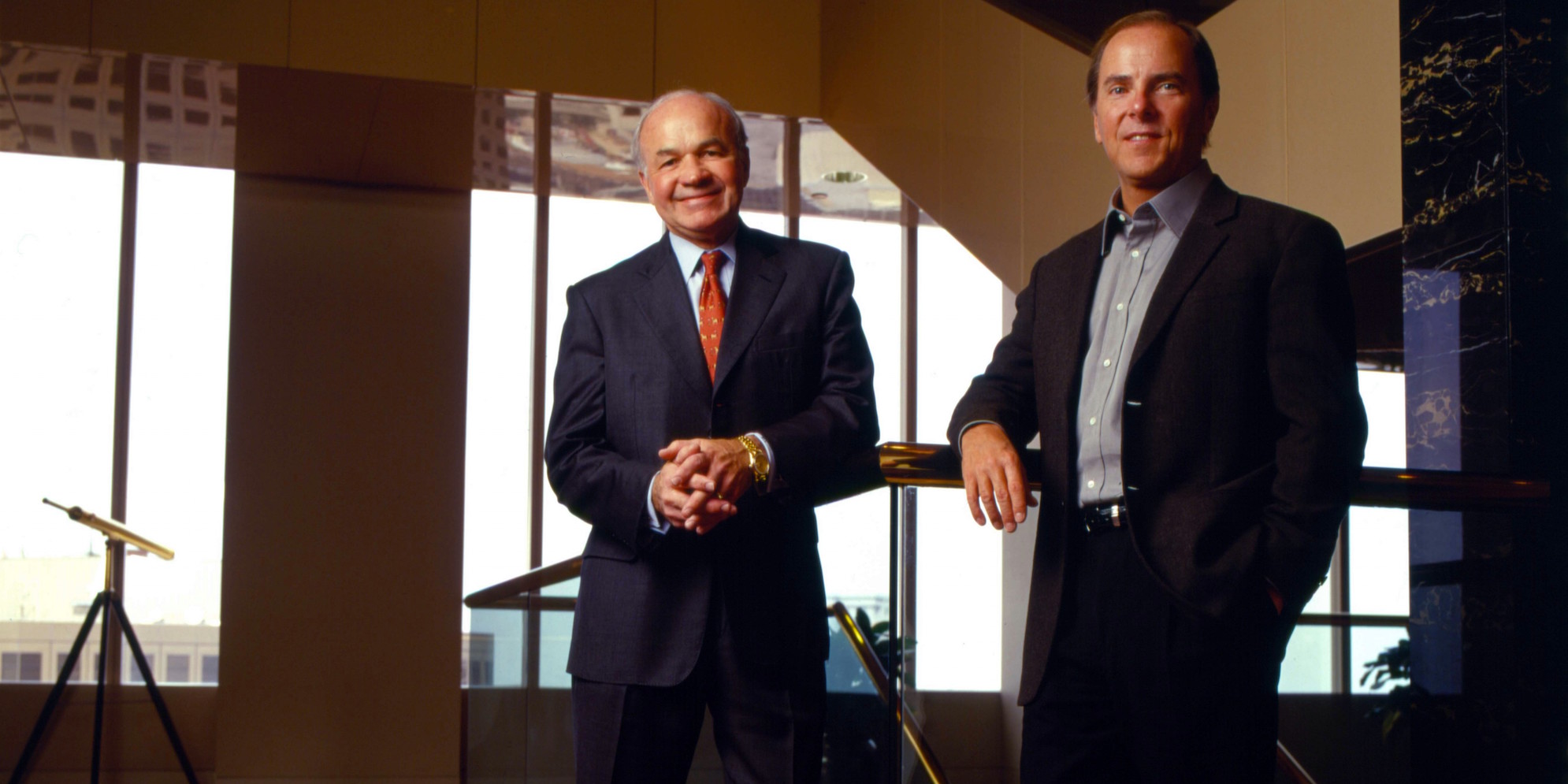
There’s nothing more annoying than a self-important jerk bragging about how smart he is. Football picks, investments, business decisions – it doesn’t matter what it’s about; it’s that smug arrogance that gets you. And, if we’re being honest with ourselves, maybe that jealous little voice in our heads that says, “Damn, why didn’t I come up with that?”
Yup, we all hate that guy. Which is ironic because, all-too-often, we are “that guy.” We’re all that way some of the time and some of us are that way all the time. Either way, you don’t want to be that way when it counts. When it’s time to make important decisions, that’s a real problem.
It’s one thing to be a little obnoxious, it’s another thing entirely to think you have all the answers. To think you know it all. To think you know what you don’t know.
Look at it this way. You may be smart. You may even be the smartest guy in the room. But you’re still just a guy in a room, which means you’re not a god. Like it or not, there’s a whole universe of information and knowledge you don’t possess.
You might be a highly successful businessperson. You might even be a highly accomplished senior executive. But if you’re in a position to make important decisions that affect others and you don’t know what you don’t know, you’re dangerous.
Don’t get me wrong. When you’re sure you’ve got it right and everyone else has it wrong, by all means, go out there and fight for what you believe in. On the other hand, when you’re not sure – when you know what you don’t know – listen to what others have to say, especially others whose job it is to know.
Then trust your gut and make the right call.
If it turns out you were right, quietly pat yourself on the back and get on to what’s next. If it turns out you were wrong, the sooner you admit that the better. Don’t make a big deal out of it. Don’t beat yourself up about it. Just admit it, learn from it, and move on.
It isn’t great to be wrong, but let’s face it, it comes with the territory. No pain, no gain and all that. But when you won’t admit you screwed up, you’re playing a dangerous game called delusion. And that can have far greater consequences.
What about being a confident and decisive leader? Let’s talk about that.
Confidence comes from experience, aka, trial and error. Just look at the words, “trial” and “error.” Get it? If you don’t admit making mistakes, you don’t learn from them. You don’t gain wisdom and you don’t gain confidence.
As for decisiveness, making snap decisions in a vacuum — without being reasonably well informed and admitting you’re not some omniscient super-being — is not being decisive. It’s being dumb and full of yourself.
I can’t tell you how many companies I’ve seen crash and burn because their leaders either didn’t understand those simple concepts or lacked the self-awareness, humility, maturity and courage to admit they don’t know everything. Instead, they put their fear, their egos, and their selfishness ahead of their stakeholders. And they all paid the price.
Now I’ll let you in on a little secret. I learned all this the hard way. Actually, I’m still learning. And on that journey to discover the virtues of knowing what I don’t know, I came across this insightful proverb from the Tao Teh Ching by Lao Tzu:
He who knows men is clever;
He who knows himself has insight.
He who conquers men has force;
He who conquers himself is truly strong.
Image (Enron’s Ken Lay and Jeff Skilling) credit Wyatt McSpadden
A version of this originally appeared at FoxBusiness.com.